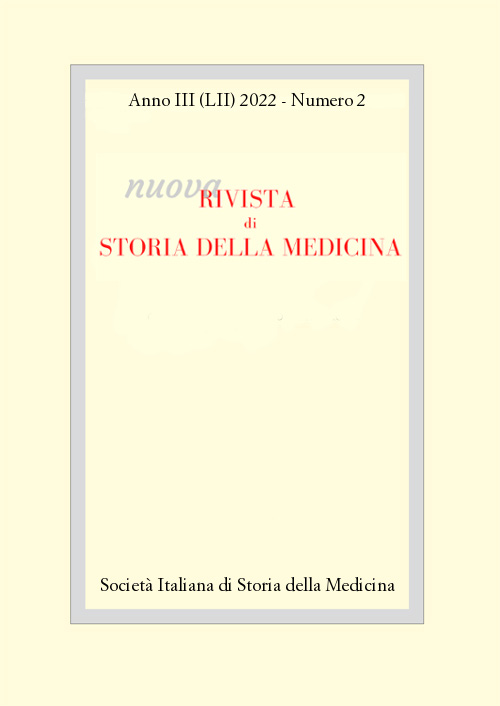Sulle tracce delle guaritrici nel Cinquecento e primo Seicento attraverso la lente del teatro shakespeariano
DOI:
https://doi.org/10.13135/2724-4954/7173Keywords:
plague, women healers, theatre, Shakespeare, EnglandAbstract
In the celebrated essay, A Room of One’s Own (1928), Virginia Woolf imagines that had Shakespeare had a sister, who decided to embark on a career in theatre, she would have been doomed to failure. The reason, according to Woolf, was to be attributed to the fact that women were not allowed to work in the field. In the 16th and 17th centuries, the situation was similar regarding all professions, with one exception, namely medicine. The present essay will explore the lot of the so-called wise women or herb women, besides other women at the time who would have read medicine at Oxford and Cambridge if the Royal College of Physicians had admitted them. We will also explore two Shakespeare plays, Hamlet and All’s Well that Ends Well, in which two female figures, Ophelia and Helena, are of interest for our topic. Ophelia shows her familiarity with the medicinal and symbolic aspects of herbs and flowers, while Helena has learnt the profession from her father, a well-known physician.



